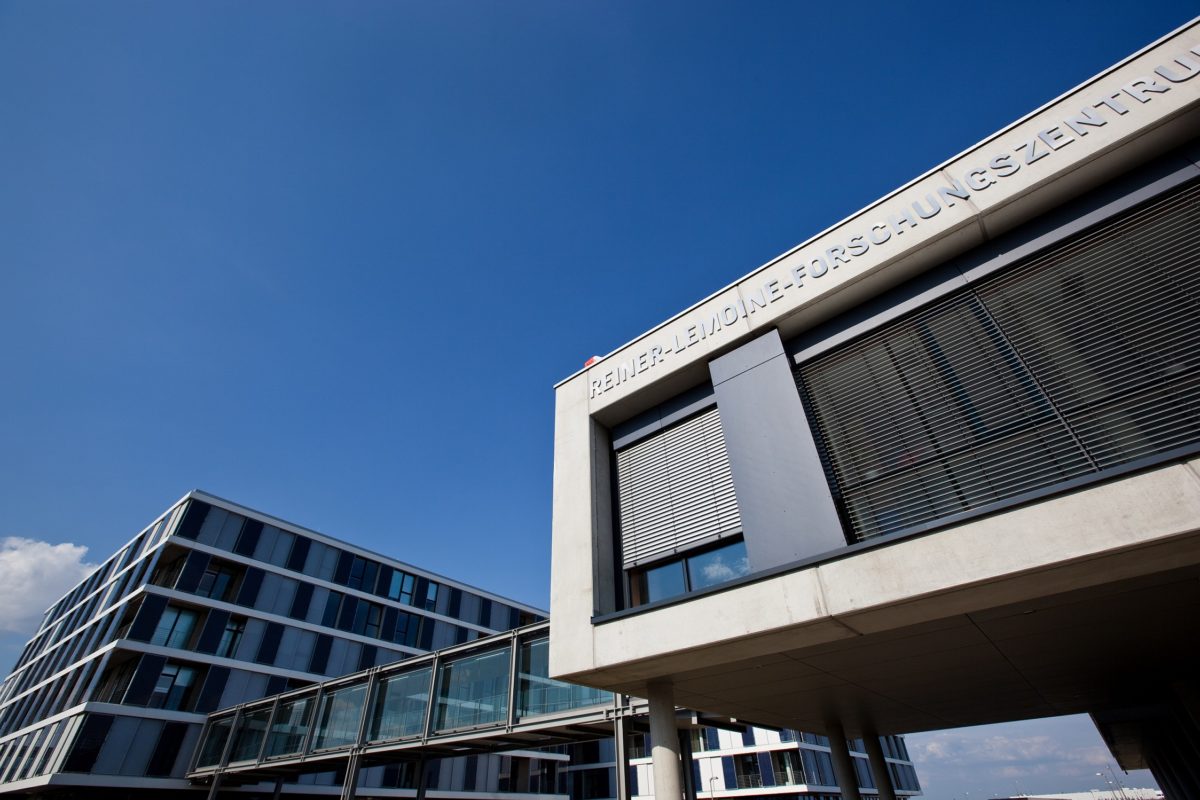Hanwha Solutions, the parent of Hanwha Q Cells, has revealed that a district court in Düsseldorf, Germany, has ruled that China’s Trina Solar has infringed upon the German part of European Patent EP 2 220 689 B1, which covers the South Korean group’s passivation technologies. The court has issued a preliminary injunction barring Trina Solar from importing, marketing and selling the infringing products – including its Honey and Vertex X panels – in the German market.
In late October, Hanwha Solutions filed a preliminary injunction request in which it claimed that Trina Solar (Germany) had been improperly selling solar modules in the German market. It claimed that the Trina Solar panels infringed upon one of its own patents for its proprietary Q.ANTUM passivation technology. It say this technology plays a key role in improving the performance of silicon-based solar cells.
Trina Solar now has the option to oppose the preliminary injunction and challenge the decision before it becomes final. It said that the matter will not have a substantial impact on its business operations.
“We do not agree with any allegations of patent infringement as the raised claims lack any legal grounds or justification,” the company said in a statement to pv magazine. “We will aggressively defend our position and take actions against the imminent temporary restraining order of the Düsseldorf court and we shall not rest until the case has been dismissed.”
Moon-Hwan Cha, the managing director of Hanwha Q Cells, said that the case underscores the importance of protecting intellectual property rights.
Popular content
“We will vigorously defend our technology from infringement using the intellectual property laws that exist for this purpose,” added Cha.
Hanwha Q Cells filed patent infringement complaints in Germany in March 2019 against Jinko Solar and REC Group, and followed this with a similar lawsuit against Longi Solar. All of the complaints claimed that the companies had unlawfully included Q Cells’ patented passivation technology in their own products. In June 2020, the Düsseldorf regional court determined that all three defendants had infringed upon the German part of the patent. The appeal process is still ongoing.
Hanwha Q Cells has also filed patent-related complaints in France, the Netherlands, and the United States. The US Court of Appeals has determined that the complaint over the disputed patent was invalid. The European Patent Office, meanwhile, confirmed the validity of the passivation tech patent in June 2020, with only minor changes.
This content is protected by copyright and may not be reused. If you want to cooperate with us and would like to reuse some of our content, please contact: editors@pv-magazine.com.



6 comments
By submitting this form you agree to pv magazine using your data for the purposes of publishing your comment.
Your personal data will only be disclosed or otherwise transmitted to third parties for the purposes of spam filtering or if this is necessary for technical maintenance of the website. Any other transfer to third parties will not take place unless this is justified on the basis of applicable data protection regulations or if pv magazine is legally obliged to do so.
You may revoke this consent at any time with effect for the future, in which case your personal data will be deleted immediately. Otherwise, your data will be deleted if pv magazine has processed your request or the purpose of data storage is fulfilled.
Further information on data privacy can be found in our Data Protection Policy.